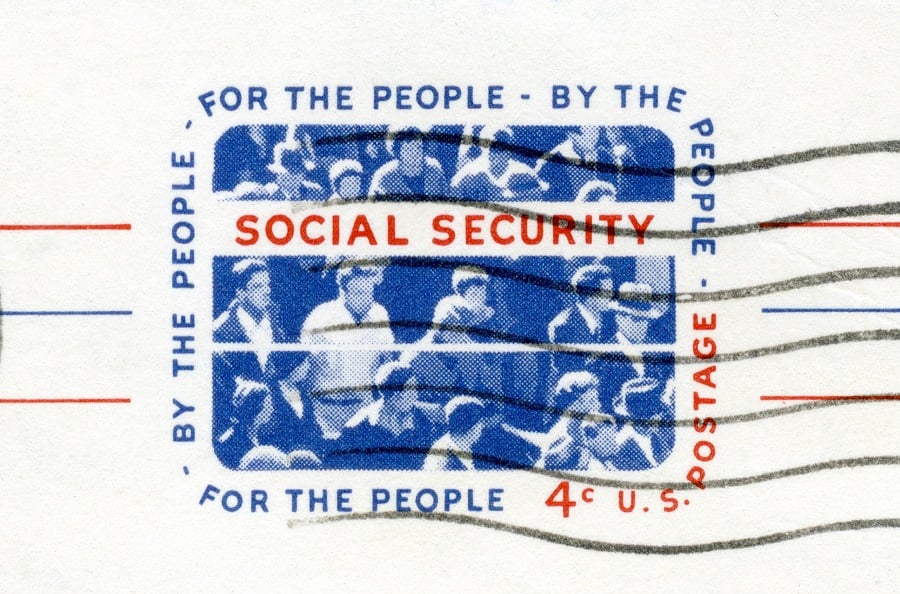

A new wave of scams has emerged that play on the public’s fears about the COVID-19 pandemic. The scams involve letters to Social Security recipients warning that their benefits will be suspended as a result of SSA field office closures unless the beneficiaries call the phone number referenced in the letter. If recipients call the number, they may be conned into providing personal information or paying money.
“Social Security will pay monthly benefits on time and these payments will not be affected by the COVID-19 pandemic,” Andrew Saul, commissioner of Social Security, said in a statement released Monday. “I want our beneficiaries to be aware that scammers may try to trick you into thinking the pandemic is stopping or somehow changing your Social Security payments, but that is not true. Don’t be fooled.”
Individuals who receive calls, emails or other communications claiming to be from the Treasury Department and offering COVID-19 related grants or economic impact payments in exchange for personal financial information or for an advance fee or charge of any kind, including the purchase of gift cards, should not respond, Gail S. Ennis, inspector general at the Social Security Administration, warned in a companion statement. “These are scams,” she said.
Separately, the Department of Health and Human Services Office of Inspector General is alerting the public about other fraud schemes related to COVID-19. For example, scammers are offering COVID-19 tests to Medicare beneficiaries in exchange for personal details, including Medicare information. However, the services are unapproved and illegitimate.
The uptick in COVID-19 related scams and questions about how Social Security beneficiaries can receive their federal rebate payments of up to $1,200 per person has triggered a flood of phone calls to the Social Security hotline (800-772-1213), resulting in unusually long wait times.
In a press release, the Social Security Administration said the Department of the Treasury will soon provide information about economic impact payments under the recently enacted law, the Coronavirus Aid, Relief, and Economic Security Act, or Cares Act.
“Treasury, not Social Security, will be making direct payments to eligible people,” according to the agency's press release. “Please do not call Social Security about these payments as the agency does not have information to share.” Payments will be deposited directly into the same accounts where individuals receive their Social Security benefits
To allow its available agents to provide better phone coverage, the agency is temporarily changing the hours of its national 800 number starting Tuesday. The hours will now be from 8:00 a.m. to 5:30 p.m. local time, instead of the prior hours of 7:00 a.m. to 7:00 p.m. local time.
The agency is experiencing longer than normal wait times on the 800 number and asked the public to remain patient, use its online services or call their local office. Local offices are closed to the public but are available by phone. People can find their local field office phone number by accessing the Field Office Locator.
Visit the agency’s COVID-19 web page for important information and updates.

Relationships are key to our business but advisors are often slow to engage in specific activities designed to foster them.

Whichever path you go down, act now while you're still in control.

Pro-bitcoin professionals, however, say the cryptocurrency has ushered in change.

“LPL has evolved significantly over the last decade and still wants to scale up,” says one industry executive.

Survey findings from the Nationwide Retirement Institute offers pearls of planning wisdom from 60- to 65-year-olds, as well as insights into concerns.
Streamline your outreach with Aidentified's AI-driven solutions
This season’s market volatility: Positioning for rate relief, income growth and the AI rebound
